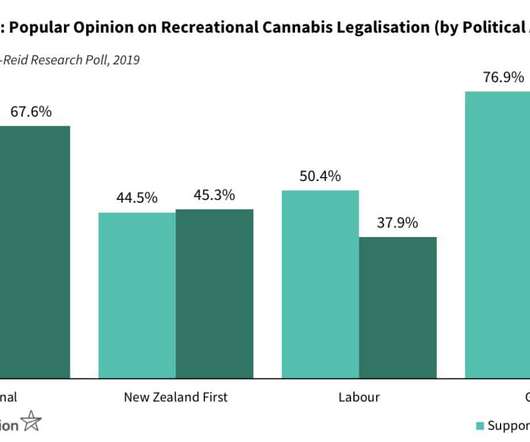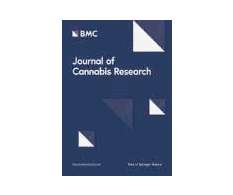Cannabinoids for Tinnitus?
Project CBD
MARCH 21, 2023
Auditory & Other Symptoms The survey, whose findings were published in February 2023 in the Journal of Otolaryngology – Head & Neck Surgery 1 evaluated cannabis perceptions and consumption among 45 adult tinnitus patients randomly selected and recruited from an outpatient ear, nose, and throat clinic in Ontario, Canada.












Let's personalize your content